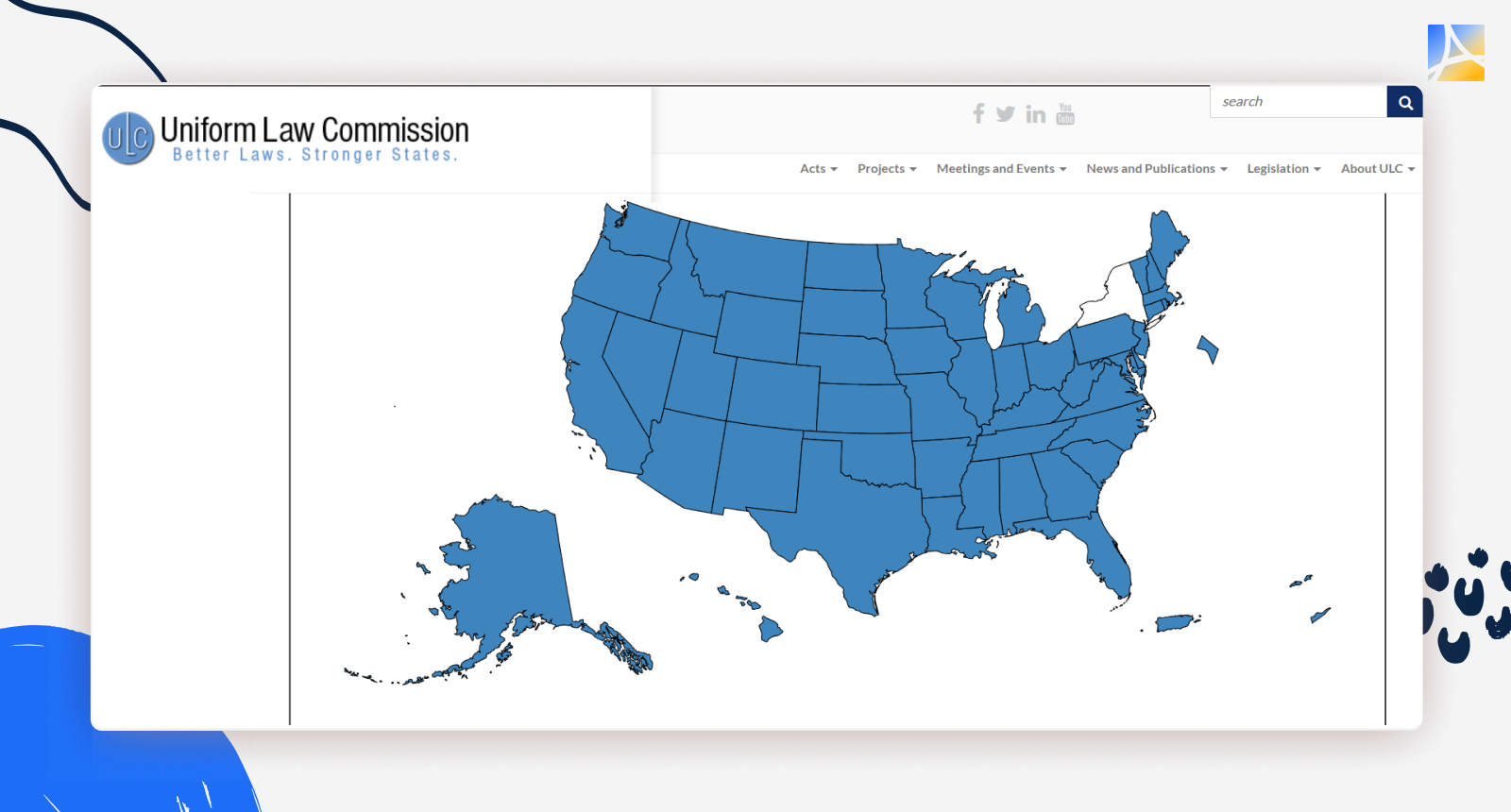-
Templates
Tax FormsFillable tax forms simplify and speed up your tax filing process and aid with recordkeeping.Explore all templatesReal EstateReal estate templates for all cases, from sale to rentals, save you a lot of time and effort.Explore all templatesInsuranceInsurance templates make it easier for agents to manage policies and claims.Explore all templatesLegalLegal templates provide a structured foundation for creating legally binding documents.Explore all templatesMedicalMedical forms help you keep patient documentation organized and secure.Explore all templatesBill of SaleBill of Sale templates streamline the transfer of ownership with clarity and protection.Explore all templatesContractsVarious contract templates ensure efficient and clear legal transactions.Explore all templatesEducationEducational forms and templates enhance the learning experience and student management.Explore all templates
-
Features
FeaturesThe all-in-one document management system has all the features you need to safely and efficiently handle your PDFs. Dive in, learn how to use all the tools, and become a PDF pro.Explore all featuresAI Summarizer Check out the featureAI PDF summarizer makes your document workflow even faster. Ask AI to summarize PDF, assist you with tax forms, complete assignments, and more using just one tool.Sign PDF Check out the featurePDFLiner gives the opportunity to sign documents online, save them, send at once by email or print. Register now, upload your document and e-sign it onlineFill Out PDF Check out the featurePDFLiner provides different tools for filling in PDF forms. All you need is to register, upload the necessary document and start filling it out.Draw on a PDF Check out the featureDraw lines, circles, and other drawings on PDF using tools of PDFLiner online. Streamline your document editing process, speeding up your productivity
- Solutions
- Features
- Blog
- Support
- Pricing
Electronic Signature Laws by State: Do They Differ?
Although usage of electronic signatures is so common in the US and worldwide today, not all types of signatures can be considered acceptable electronic signatures according to the federal digital signatures law and the local rules of some states. For this reason, we decided to clarify the legal side of this process to you before you add a signature to your next document. If you are wondering "Are electronic signatures legal?" read attentively.

Are Electronic Signatures Laws Differ by State
An e-signature is a digitalized signature of a person that can be placed on electronic documents, such as forms and contracts, to confirm that they were filled out with full consent and clear mind. The most common type of electronic signature is, of course, a written signature (scanned, digitally drawn, or generated), but it can also be a sound recording or a symbol.
ESIGN was enacted by the US Federal Law in 2000, and it became a part of the Uniform Electronic Transactions Act (UETA). In the same year, New York and Illinois issued their own versions of the Federal Electronic Signature Act.
Almost 20 years after, Arizona, Nevada, and Tennessee changed their UETAs to start o
ff the integration of more advanced and secure ESIGN protocols with the use of blockchain technologies.
As for the EU, the unified e-sign law was established only in 2016. Before that, all states of the union had their own policies, which had lead to various electronic signature legal issues. Today, the process in all EU members is coordinated by the 2016 electronic Identification and Trust Services for Electronic Transactions (eIDAS). The legality of electronic signatures for particular types of documents still varies from country to country, so check this out for your country.
Electronic Signature Laws by State

In most states esignature laws are a direct adoption of UETA without major state-specific alterations. However, some states have their more specific acts. Here's a brief overview of electronic signature laws in the selection of states:
Alabama
State Law: Alabama Electronic Transactions Act.
Main Difference: Mirrors the UETA but emphasizes its non-applicability to certain documents like wills, testamentary trusts, and certain areas of family law.
Arizona
State Law: Arizona Electronic Transactions Act (AETA).
Main Difference: Largely follows UETA, but contains specific provisions that highlight the validity and enforceability of electronic records and signatures.
Arkansas
State Law: Arkansas Electronic Records and Signatures Act
Main Difference: Mirrors UETA and provides that if a law requires a signature, an electronic signature satisfies the law.
California
State Law: California Electronic Transactions Act (CETA)
Main Difference: Closely mirrors UETA but has specific provisions addressing the timing of electronic records and signatures.
Florida
State Law: Florida Electronic Signature Act
Main Difference: Similar to UETA but with additional requirements for notaries and stronger consumer protection provisions.
Georgia
State Law: Georgia Electronic Records and Signatures Act
Main Difference: Adopts UETA and emphasizes uniformity with the federal E-SIGN Act.
Illinois
State Law: Electronic Commerce Security Act (ECSA)
Main Difference: Unlike UETA, the ECSA differentiates between secure and non-secure electronic signatures, granting different legal weights to each.
Indiana
State Law: Indiana Electronic Transactions Act (IETA)
Main Difference: While closely following UETA, IETA provides that a record or signature may not be denied legal effect or enforceability solely because it is in electronic form. It also contains provisions for governmental use of electronic records and signatures.
Michigan
State Law: Michigan Electronic Transactions Act (META)
Main Difference: Adopts UETA but has specific provisions about governmental use.
Nevada
State Law: Nevada Revised Statutes Chapter 719
Main Difference: One of the first states to enact e-signature laws; has provisions supporting blockchain technology.
New York
State Law: Electronic Signatures and Records Act (ESRA)
Main Difference: Stresses that e-signatures have the same validity as manual signatures.
Washington
State Law: Electronic Authentication Act
Main Difference: Focuses on ensuring the security and integrity of e-signatures.
Electronic Signature vs. Digital
Another important aspect to understand is that electronic and digital signatures are two different types of signatures according to the electronic signature Federal Law.
Electronic signature
Includes most of the e-sign solutions and can use such authentication methods as corporate IDs, signer’s email, password, or a PIN-code sent over the cellular network. The signature must be approved by an embedded digital certificate.
Digital signature
Must use a digital certificate from certified trust service providers (TSP). The approval instrument is called a certificate authority (CA), and it’s embedded into signed documents with the use of encryption.
FAQ
Questions may pop up all the time in your head when it comes to laws that govern digital signatures. We answered the most probable of them to provide you with a deeper understanding of the topic.
Are electronic signatures valid in all states?
Yes, they are valid in all states. However, the states of New York and Illinois have their unique electronic signature regulations instead of UETA. In recent years, Arizona, Nevada, and Tennessee amended their UETAs in order to signalize the importance of modernizing the technology by means of blockchain. Probably, more states will follow these examples in 2021 and later.
What states don't require electronic signatures?
UETA is adopted in 47 states as well as in the District of Columbia, Virgin Islands, and Puerto Rico. Washington, New York, and Illinois have custom regulations but allow e-signatures too. Only particular documents in each state are prohibited for electronic signatures. The list can be easily found online or requested from a local Notary Public of your state or country.
Is it legal to sign documents electronically?
Yes. E-signatures are legal in all states of the US, EU, and many other countries, but not all documents can be validated with an electronic signature. Here are the forms that can’t be signed electronically in the US:
- Wills;
- Leases;
- Deeds;
- Adoption papers;
- Notices of termination of (leases, utility, etc.);
- Notice of repossessions;
- Notice of foreclosure;
- Divorce papers;
- Court orders;
- Notice of eviction;
- Product recall notices.
eSign Your Documents Online and Save 20% of Your Time
Forget about printing and scaning, now you only need to sign and share your PDF.


























































